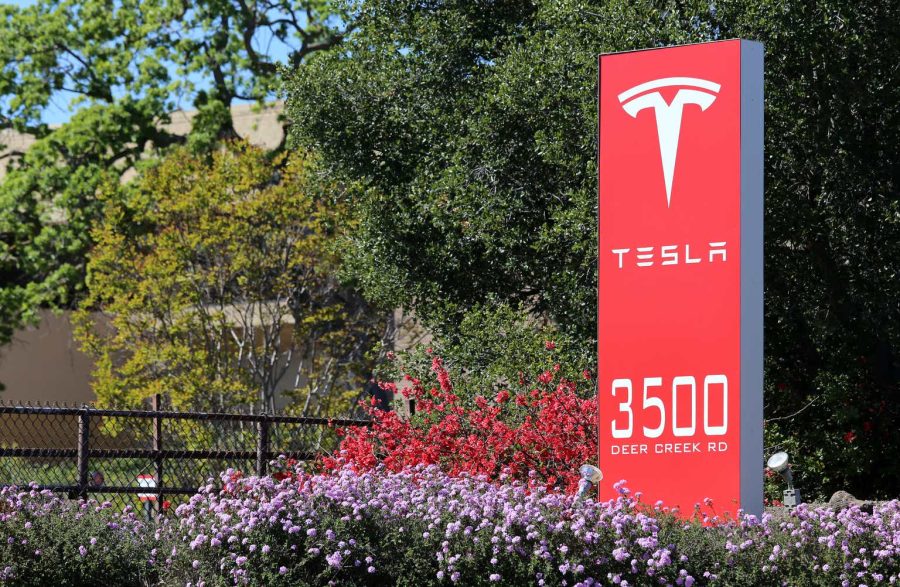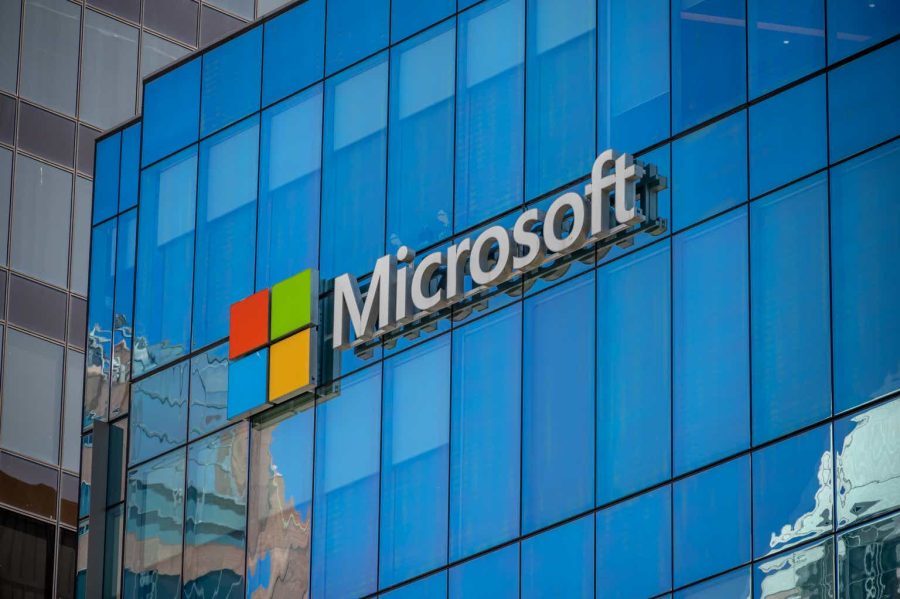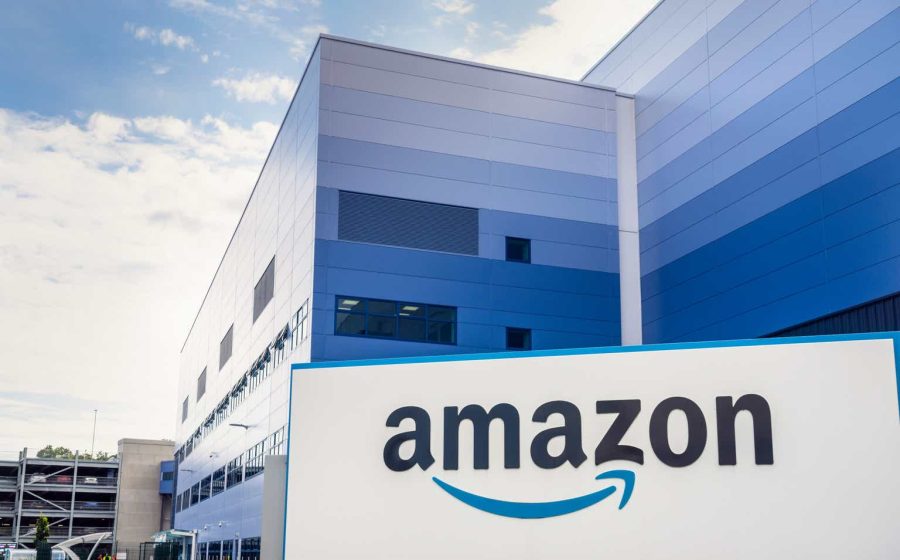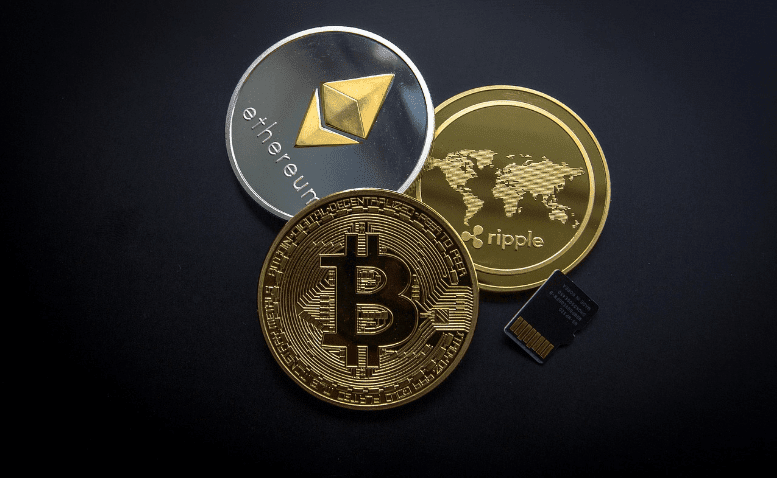April 24, 2024 Google’s Third Cookie Phaseout Delay Amid Regulatory Hurdles
Tesla Q1: Model 2 Could Be Their Model T
Tesla Is An AI Company That The Market Won’t Reward For Now
Amazon: The Margin Train Is Gaining Speed
April 23, 2024 Maximizing Profits: When is the Right Time to Sell Your Business?
April 12, 2024 Improve Your Financial Status: A How-To Guide
April 12, 2024 How ZIM Integrated Container Tracking is Revolutionizing Global Trade
March 15, 2024 6 Best Growth Stocks To Buy Now According to Metatrader 5
The Sino-American Economic Chessboard: Tesla’s Strategic Moves Amid Growing Tensions
June 1, 2023

Companies Adapt to the Global Rift
As the economic chasm between the world’s top two economies continues to widen, businesses fearing collateral damage are taking evasive actions. The strategies in play range from the diversification or relocation of operations to more accommodating regions, to amplifying lobbying efforts in a bid to avoid potential harm. One such corporation sailing these turbulent seas is Tesla (NASDAQ:TSLA), whose recent moves have even led to CEO Elon Musk’s inaugural visit to China since the memorable Giga Shanghai launch in January 2020.
China’s Crucial Role in Tesla’s Global Picture
Consider this: China is Tesla’s largest market outside of the U.S., accounting for 22% of its total revenue. Moreover, it plays an integral part in the electric vehicle (EV) manufacturer’s supply chain, generating over half of its worldwide production. Factors such as export controls, data security issues, and limitations on sensitive technologies could significantly affect the company’s profitability and future market share. Tesla cars were banned from Chinese military complexes and housing compounds back in 2021, a prohibition that was extended the following year. This raises many questions about the assurances needed concerning the vehicular data gathered by the inbuilt cameras in its cars.
Musk’s Diplomatic Overtures and Stock Market Repercussions
“The United States and China are interconnected, much like conjoined twins, inseparable from one another,” Musk reportedly remarked to Foreign Minister Qin Gang. His visit involved meetings with China’s commerce and industry ministers and a dinner with Zeng Yuqun, the chairman of Tesla’s primary battery supplier, CATL. The immediate aftermath saw Tesla’s shares surge by over 4% upon Musk’s arrival in Beijing, pushing the stock price above $200 for the first time since March. However, Tesla continues to face fierce competition from domestic counterparts like BYD (OTCPK:BYDDY), rising auto loan rates, and an ongoing price war in the EV market, as highlighted by SA analyst Wright’s Research in their report “Tesla: Prepare For A Macroeconomic Storm.”
The Ripple Effects: From SpaceX to Twitter
While Tesla’s approach in China is key to its short-term success, Musk grapples with manifold challenges, spanning his responsibilities at SpaceX to his recent acquisition, Twitter. Interestingly, Fidelity Investments, the financier of his $44B takeover of the social media giant, has devalued Twitter to a mere third of the acquisition cost, citing a decrease in its equity stake. In addition, Twitter faces potential expulsion from the EU if it fails to comply with the upcoming European Digital Services Act, set to be implemented by the end of August. This multi-faceted pressure adds another layer to Musk’s already intricate global operations puzzle.














